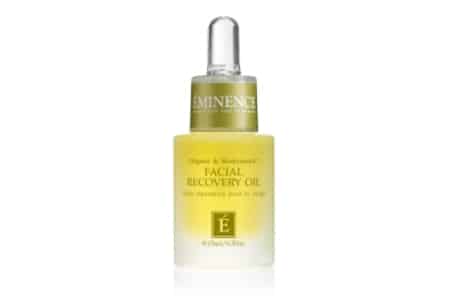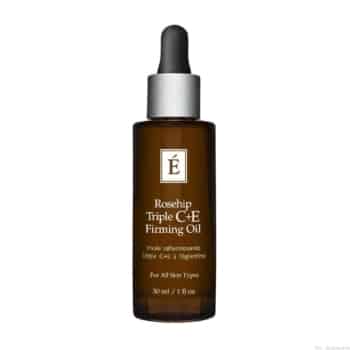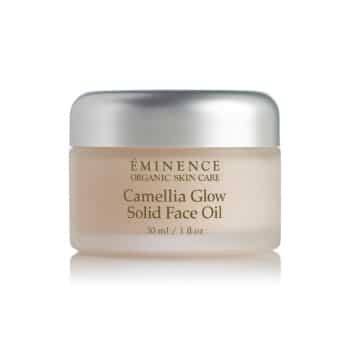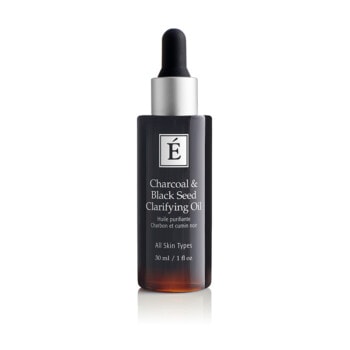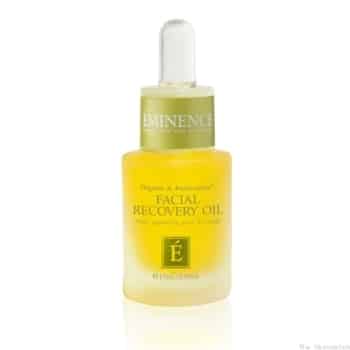Facial Oils: The Skinsmith’s Definitive Guide
The Skinsmith | 21st April 2022
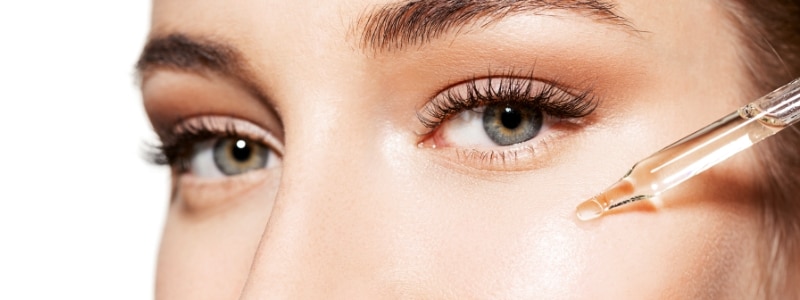
What are Face Oils?
There is often a lot of grey area surrounding facial oils; for some, the use of facial oils can be daunting as there is a lot of conflicting information surrounding the pros and cons of using face oils.
However, this definitive guide to facial oils looks to break down this grey area, clearing up the controversy, explaining the benefits of using face oils, and making facial oils accessible to all!
It all comes down to the types of facial oils and how you use them. Our skin produces its own oil naturally – this is called sebum; the natural oils and water in our skin create an essential protective barrier. However, this natural oil can be stripped by cleansers and products, the environment, diet, and medication – such as some acne treatments. This leaves skin vulnerable and damaged, and so supplementing your skin with additional oil is a great way of helping your skin to recover.
Some oils will be more compatible with certain skin types than others to do this, and some of the most popular facial oil types include:
- Rosehip oil
- Jojoba oil
- Argan oil
- Camellia oil
- Marula oil
- Grapeseed oil
Next is how you use them. Not all of the above oils will be suitable for all skin types, making selecting the exact oil you use important. How you use facial oil can also affect the way your skin reacts to oil – your facial oil skincare routine is essential.
Wondering how to apply face oil? Oil can be applied on a clean face, either after moisturiser, or added to moisturiser, and usually at night.
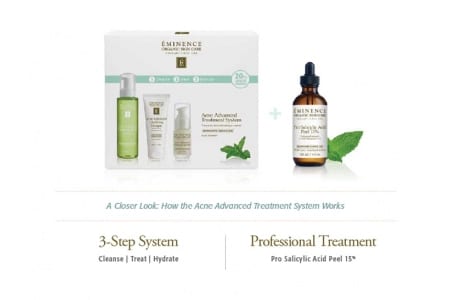
A closer look at how the Acne Advanced Cleansing Foam works
5 Benefits of Using Facial Oils
We have selected five of the main benefits gained by consistently and correctly using facial oils. Here are some of the key benefits:
Facial Oils Hydrate Your Skin
Facial oils are lipophilic – this means they dissolve into your skin’s natural fats and lipids to supplement your natural oil levels. Facial oils with a smaller molecular size can penetrate deeper into the skin’s layers to do this, such as argan or jojoba oil.
When used following a moisturiser, oils can also lock in natural and supplementary moisture gained from moisturisers, acting as a protective and hydrating barrier.
Facial Oils Hydrate Your Skin
Certain oils such as camellia oil can reduce the appearance of large pores. This is because camellia oil cleanses pores – removing dirt and fats from pores without clogging them. It has a low comedogenic rating (meaning it is unlikely to block pores and cause blackheads) making camellia oil compatible with oily skin types because of this.
Reduce Aging Skin
Take a closer look at our Eminence Organics Rosehip Triple C+E Firming Oil by clicking here.
As you age, your body’s natural ability to produce its own oil decreases – this can aggravate the visible signs of ageing like fine lines, wrinkles, and even dull skin. Replenishing your natural oil levels with a collagen boosting oil which contains clary sage, lemon, or rosemary can prevent or slow the signs of ageing with consistent use. Clary sage, lemon, and rosemary are all antioxidants – which have been linked to anti-ageing.
Facial Oils Help Protect Your Skin
Whilst it is true that oil acts as a protective barrier on your skin, supplementing natural oil and water levels, the right oils can actually help damaged and irritated skin. Rosacea, eczema, and psoriasis symptoms can all be alleviated with oil.
Oils such as argan oil and sea buckthorn oil are anti-inflammatory and make suitable soothing facial oils for rosacea – great for irritated skin, whilst the many rosehip facial oil benefits can be used to treat acne and redness.
Provides Your Skin with a Healthy Glow
Facial oils act as emollients – they can be used to replenish moisture in the skin, brightening skin and leaving you with a healthy, dewy glow.
Most types of facial oils also make a great lubricant for facial massages, revitalising skin and leaving you feeling refreshed.
How Facial Oils Benefit Different Skin Types
The benefits of using face oil can further be targeted depending on skin type – this, of course, should be supplemented with the correct facial oil skincare routine for your skin type. We break this down further…
Dry Skin
Facial oils work best on dry skin. A rich oil, such as almond oil, which is high in fatty acids is especially hydrating. This can be used after a moisturiser is applied to skin morning and night.
Normal Skin
For ‘normal’ skin – skin which is neither dry nor oily – a lightweight oil such as argon or a retinol oil can help brighten skin and keep it looking great without causing an excess of oil.
Oily Skin
Contrary to popular opinion, oily skin can benefit from oil too! Using a lightweight oil such as jojoba can break down excess oil, and regulate sebum production over time, too. Apply this oil after an oil-free moisturiser to a clean face at night.
Combination Skin
Combination skin is facial skin with both dry and oily sections. Sparingly using an oil alongside a lightweight moisturiser at night can treat dry areas without aggravating oily spots.
Don’t Hold Back, Find the Perfect Facial Oil Product for Your Skin By…
... checking out our wide range of facial oil skincare products here or by taking a closer look at a selection of Eminence organics facial oil products below.
If you have any questions or would like guidance on which facial oil product to use on your skin, get in touch and speak to a member of our experienced and friendly team today on 01305 300950 or by email our team at [email protected]. You can also contact the Skinsmith team directly by utilising our simple contact form below.
